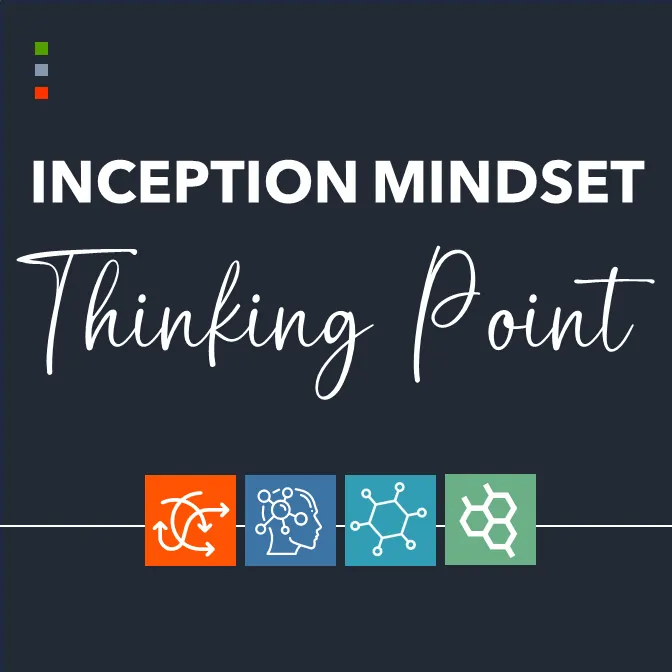Leadership in the modern world is a dynamic and complex role that requires a diverse skill set. As the challenges of the 21st century continue to evolve, effective leadership demands a keen understanding of the contemporary landscape. In this blog, we will explore the essential do’s and don’ts that can guide aspiring leaders toward success in their roles.
Do’s:
Understand Modern Challenges:
A key aspect of effective leadership is staying informed about the current landscape and understanding the challenges that organizations face today. According to Robert Radi, author of Inception Mindset: The Contextual Art and Science of Leading in a Permanently Complex World, leaders must learn to understand modern challenges to thrive amidst perpetual complexity. Whether it’s technological disruptions, global crises, or shifting market trends, leaders must be proactive in identifying and addressing these issues.
Ignite Curiosity:
Successful leaders create a culture of curiosity within their teams. Encourage employees to ask questions, seek innovative solutions, and explore new possibilities to lead to breakthroughs and keep the organization ahead of the curve. Curiosity fuels creativity and drives continuous improvement.
Strategic Thinking:
Strategic thinking involves aligning organizational goals with a long-term vision. Robert Radi believes that leaders should be adept at developing and executing strategies that not only address immediate concerns but also position the organization for sustained success. This involves analyzing data, anticipating trends, and making informed decisions.
Cognitive Approach:
Dr. Radi, leveraging his extensive experience in leadership development, offers a revolutionary cognitive approach in his book, moving beyond the limitations of linear thinking. Leaders who embrace a cognitive approach are open to diverse perspectives and value critical thinking. Encouraging a culture where different opinions are respected and ideas are thoroughly evaluated fosters an environment that thrives on intellectual diversity, leading to more robust solutions.
Don’ts:
Follow What Others Are Doing:
Blindly imitating the strategies or practices of other organizations may lead to short-term gains, but it hinders innovation and limits long-term success. Effective leaders understand the uniqueness of their own organization and tailor strategies to suit its specific needs.
Push Down Your Own Ideas Thinking They Don’t Matter:
Every team member, regardless of their position, can contribute valuable insights. Dismissing your own ideas or those of others based on assumptions about their significance can stifle creativity and hinder the growth of innovative solutions. A successful leader values diverse perspectives and encourages a culture of open communication.
Resist Delegating:
Leaders who resist delegating tasks risk burnout and limit the potential of their team members. Delegating responsibilities not only lightens the leader’s workload but also empowers team members, allowing them to develop new skills and take ownership of their work.
Micromanage:
Micromanaging erodes trust within a team and stifles creativity and initiative. Effective leaders provide guidance and support but also give their team members the autonomy to make decisions and learn from their experiences. Trusting your team fosters a positive work environment and encourages individual and collective growth.
Neglect Personal Development:
Leadership is a continuous journey of learning and growth. Leaders who neglect their own personal development may become stagnant and less effective over time. Commit to ongoing education, seek mentorship, and stay abreast of industry trends to remain a relevant and influential leader.
Conclusion:
Practicing effective leadership involves a delicate balance of staying attuned to modern challenges and embracing a dynamic approach to decision-making. Read Robert Radi’s book, Inception Mindset: The Contextual Art and Science of Leading in a Permanently Complex World. The book helps contemporary and aspiring leaders recognize the potential for new beginnings in every challenge. Available at Amazon!

